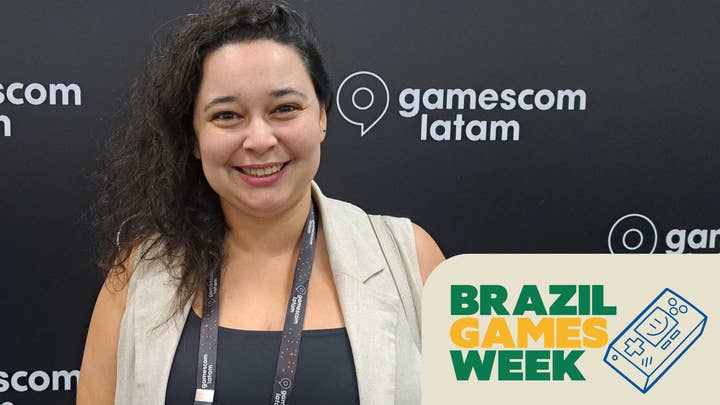Why fostering independent developers is crucial for the expansion of Brazil's gaming industry
"Juliana, I sold a company that I don't have, can you come and make me a company?"
Juliana Brito took on the role of co-founder and CEO of Indie Hero, an indie accelerator program, after her partner Ian Rochlin appeared on Shark Tank Brazil. There, he astonishingly sold 25% of a company that was yet to be formed for a mere R$1.
The episode created a buzz online, as Brito recollects, referring to Rochlin's pitch on the TV show and his subsequent call to her for assistance in establishing the business. At that point, they already had Game Jam Plus, an expansive game development competition, operational in 42 countries with 5,000 participants the previous year.
Rochlin's strategy focused less on immediate financial gain and more on attracting investor backing, which effectively paved the way for launching Indie Hero.
Initially designed as a connector for Brazilian game developers and investors, Indie Hero discovered that many studios needed guidance beyond funding, particularly in areas like pitching and self-publishing.
Recognizing these requirements, the organization started hosting B2B meetings and the Brazilian Game Fest to facilitate studio growth on social media and other platforms, aligning with their mission to enable aspiring game developers to thrive economically as artists.
"I think the biggest challenge for [game developers in Brazil] is to see themselves as entrepreneurs"
With the global mentorship pool of 1,500 supporting Game Jam Plus and Indie Hero, the aim is to assist Brazilian developers not only in honing their craft but also in understanding the business dimensions vital for studio growth.
The recent establishment of game-specific legislation in Brazil represents a significant advancement in this field, offering newfound support for the burgeoning industry.
Brazil, home to 120 million gamers, anticipates further market growth as smartphone penetration and internet access continue to expand, with the country's gaming economy ranking tenth globally.
Events like the Brasília Game Festival highlight the rising enthusiasm for indie games, attracting 60,000 attendees in May, where the indie section turned out immensely popular, boosting studio sales and social media presence.
"We're not Europe, but there's still more funds [in Brazil] than anywhere else in Latin America"
The past few years have seen a rise in public funding, supported by initiatives such as the Paulo Gustavo law and the Aldir Blanc cultural fund, which collectively promise $R15 billion for the cultural sector.
Brito mentions the emergence of venture capitalists like Osten Games and Bossa Nova Games, emphasizing that though Brazil may not match Europe's funding levels, it surpasses other Latin American nations in this regard.
The indie segment forms the bulk of Brazil's gaming industry, with major outsourcing companies like Kokku and Dumativa playing a smaller role. Meanwhile, wildlife game studio and acquisitions like Epic's purchase of Aquiris stand out as exceptions in the market landscape.
Indie Hero seeks to nurture a vibrant ecosystem of small studios, recognizing that innovation often sprouts from independent developers. Their goal is to equip studios with the resources needed to survive financially while working on larger projects.
"We are creating structures not as traditional publishers but as facilitators for game distribution, aiming to educate the broader Latin American audience about indie titles," says Brito. By encouraging sustained revenue streams and community engagement, they hope to propel these studios into greater success.
